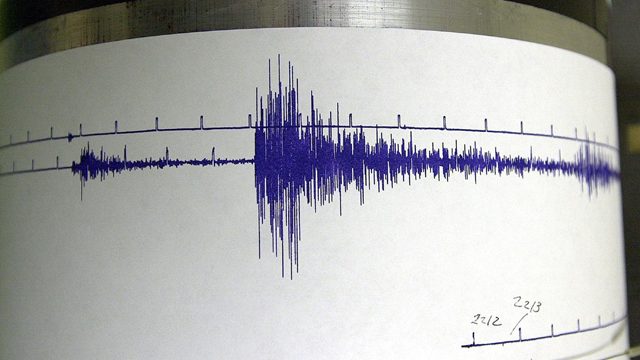Scientists are finding out more about how the body’s immune system responds to COVID-19.
A team of researchers from La Jolla Institute for Immunology (LJI), The University of Liverpool and the University of Southampton conducted a study that suggests people with severe COVID-19 cases may be left with more of the protective T cells needed to fight reinfection.
“We essentially separated patients into two groups; those that were really ill that had to be in the hospital and the patients that weren’t ill or not sufficiently ill to come into hospital,” said co-leader Christian Ottensmeier, M.D., Ph.D., FRCP, a professor at the University of Liverpool and adjunct professor at LJI.
He suggests people think of T cells like this; “The guys with the gun in the army who eliminate the threat.” In this case, the threat being COVID-19. “What we found is that the number of immune cells that were reactive to the virus were higher when you were really ill. Some of the people went on to intensive care or had to be ventilated. And the patients who have a low-level infection, those immune responses may not be as durable,” said Ottensmeier.
When asked how long T cells can remain active after someone tests positive for COVID-19, Ottensmeier said, “One would hope for many months. Perhaps a year, maybe longer than that. Those pieces of information are just emerging.”
Ottensmeier said researchers will continue to observe blood samples over the next 6 to 12 months to identify what the memory of the immune response is then.
“The focus has very much been on training the immune system to make antibodies, but I think what we're learning here is that the T cells also play a really critical roll, and so we're now very excited to see whether the vaccines that are being given to hundreds of thousands, millions of people, whether they also make the right kind of T cells,” said Ottensmeier.
California
News from across California
He said the teams sample size was about 40 people. Ottensmeier said he and his team had been studying T cells relation to other viruses prior to the pandemic and shifted gears to study T cells response specifically to SARS-CoV-2.



